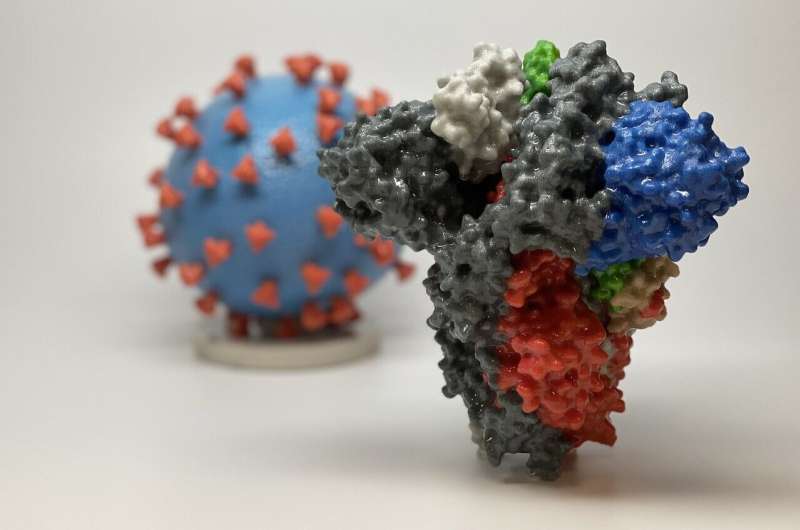Syndrome linked to COVID-19 seems more common among children of African ancestry

An inflammatory syndrome in children and adolescents, believed to be linked to COVID-19, seems to be more common among children of African ancestry, finds a small study from a hospital in Paris, published by The BMJ today.
The syndrome has been compared with Kawasaki disease, a rare condition which mainly affects children under five. Experts have said that it may be an "antibody mediated or delayed response" to COVID-19 that happens several weeks after infection.
Cases have also been seen in Italy, the UK and the US.
In this study, patients had characteristics that differ from those with classic Kawasaki disease. For example, an unusually high proportion had gastrointestinal symptoms (abdominal pain, often with vomiting and diarrhea), unstable blood pressure, and inflammation of the heart muscle (myocarditis).
The researchers say further studies are needed, but these findings "should prompt high vigilance" among doctors, particularly in countries with a high proportion of children of African ancestry.
They describe 21 children and adolescents (average age 7.9 years) with features of Kawasaki disease who were admitted to a hospital in Paris between 27 April and 11 May 2020. Over half of the children (12; 57%) were of African ancestry.
Twelve children presented with Kawasaki disease shock syndrome and 16 (76%) with myocarditis. Nineteen (90%) had evidence of recent COVID-19 infection.
All 21 patients had noticeable gastrointestinal symptoms during the early stage of illness and high levels of inflammatory markers in their bloodstream.
Despite 17 patients (81%) needing intensive care support, all patients were discharged home by 15 May 2020, after an average of 8 days in hospital, with no serious complications.
The researchers point to some limitations, such as the small number of patients, and stress that this is an observational study, so can't establish a causal link with COVID-19 infection.
Nevertheless, they say this Kawasaki-like multisystem inflammatory syndrome seems to be more common in children of African ancestry, suggesting an effect of either social and living conditions or genetic susceptibility, and shows different clinical symptoms to classic Kawasaki disease.
"These clinical findings should prompt high vigilance among primary care and emergency doctors, and preparedness during the coronavirus disease 2019 pandemic in countries with a high proportion of children of African ancestry and high levels of community transmission," they conclude.
The researchers have added an important layer to the growing knowledge of this disorder, strengthening the connection between COVID-19 infection and this condition, says Mary Beth Son at Boston Children's Hospital, in a linked editorial. She stresses that this condition is so far rare but potentially severe, and warrants surveillance as well as collaborative research.
It seems highly likely that more reports will appear from around the globe, she warns, but says the rapid release of publications such as this, "is the first step in this critical process."
More information: Kawasaki-like multisystem inflammatory syndrome in children during the covid-19 pandemic in Paris, France: prospective observational study, BMJ (2020). www.bmj.com/content/369/bmj.m2094


















